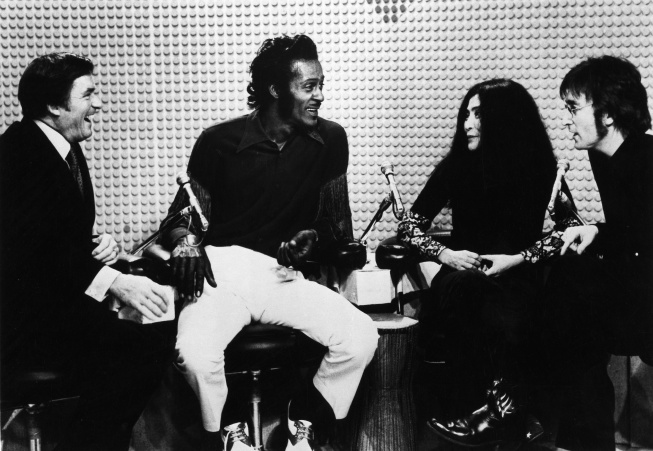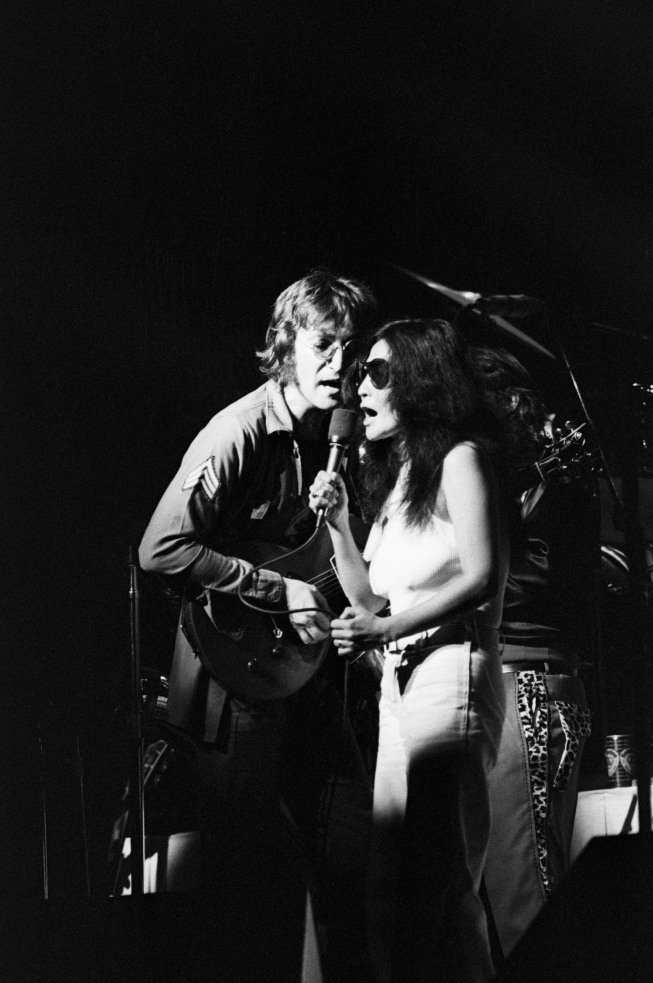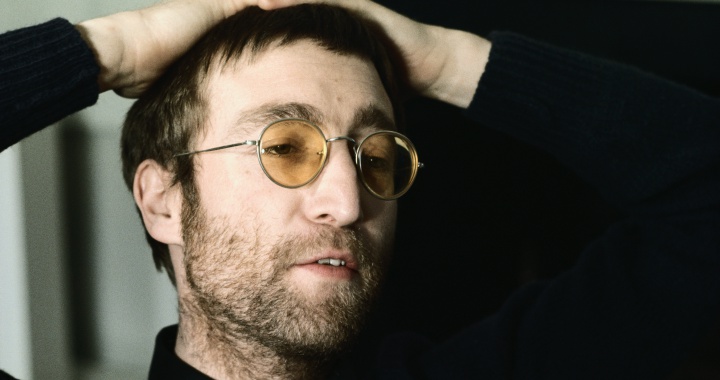He takes care of the promotion himself and personally called radio stations to broadcast “Woman is the Negro of the World”. He had one goal: “I’m going to make her number one.” But John Lennon was wrong. The issue, a plea for women’s equality, had provoked a huge uproar and many radio stations refused to broadcast it. I had gone too far using an insulting and offensive term towards black people: ‘Negro’. Not only it wasn’t number 1. The song, released on April 24, 1972, was aimed at the former Beatle US chart placement at career low. Later, it will be recognized as a feminist anthem… but the word ‘nigger’ totally washed it off.
The controversy, served on a platter
John Lennon served controversy on a platter when he released his single Woman is the Negro of the world. And he knew it, or at least felt it.. Although it was a statement of intent with which he intended express their support for feminism and women’s rightsthe term used, “nigger”, was “extremely insulting and offensive”. It expresses hatred and intolerance towards black people, especially African Americans. It is considered a derogatory racist epithet that hurts sensibilities. The British Dictionary defines it as: “It is one of the most offensive words in English. Don’t use it.” The shape name is often mentioned euphemistic as “the N-word”.
“Women are the ‘niggers’ of the world”
“The woman is the “nigger” of the world“. The sentence in question was not Lennon’s. I invented it Yoko Ono in an interview for British magazine ‘Nova’ March 1969 (the month they got married in Gibraltar). THE the editors found the phrase so offensive that they used it for the cover. Ono would later explain that his source of inspiration had been the london music scene. “When I went to London and met John, I came across the greatest macho scenario imaginable. That’s when I made those statements.”
John Lennon and Yoko Ono at an anti-war rally / Getty Images/Bettman
For his part, Lennon explained in Red Mole magazine in 1971: “Of course Yoko was a liberated woman when I met her. He had to work his way up – the art world was completely male dominated – and had a fervent revolutionary enthusiasm when we met. There was no doubt about it; our relationship had to be 50-50 or there would be no relationship; I learned it quickly. She starred in a ‘Nova’ magazine article over two years ago in which he said ‘Woman is the ‘nigger’ of the world'”
“I’m going to make her number one”
The song, composed by Lennon-Onocontains expressions such as: “Woman is the slave of slaves/ We give birth to her and raise our children / And then we go and leave her at home to become a fat old mother hen/ We tell him that his house is the only place he should be“. Recorded between February and March 1972, with production assistance from Phil Spectorwas included in the double album (one part in the studio and the other live) Some time in New York of the Plastic Ono group. They were accompanied by Elephant’s Memory and he was responsible for compositions on political and social themes: sexism, racism, colonialism or deprivation of freedom.
head of promotion for Apple, Rock Bennett hated the track and refused to promote it. “I told him I wouldn’t promote it. And John said, ‘Well, you’re our promoter, you have to listen to us, we pay you, I’m the president of Apple’. And I said, ‘John, I don’t care… I’m not going to promote it. If I don’t like something, I don’t promote it. So he pretended I will promote it and if I get #1, that would mean you’re not a #1 promoter in the industry. “” At this point, Bennett offered a deal: “I told him ‘if nothing happens with the album and it does not enter the charts, I want That you kiss my ass and double my salary and my expenses’ . And he replied, ‘We have a deal…I’m going to make her number one.”
Lennon had gone too far
John was wrong. The title caused a great controversy and received heavy criticism when it was published. The radios refused to broadcast it. They held that, including the word “nigger”, Lennon had gone too far. “Unbeknownst to John, I checked all the radio stations and they told me that they weren’t going to put it. SO John called all the stations himselfand tried to do promotional work. He was so happy that he said to me ‘Do we still have this bet?’ And I said, ‘John, we still keep the bet and you will fuck my ass if you loseand if you win, you can tell me, ‘Peter, you’re shit,’” the popular New York promoter revealed according to www.beatlesbible.com. he said.
Lennon lost the bet. We don’t know if he ended up kissing his promoter’s ass. The thing is, Woman is the nigger of the world, the album’s first and only single, was released on April 24, 1974 and only reached a disappointing number 57 on the Billboard charts. The lowest position ever achieved in the United States by the former Beatle.

John Lennon and Yoko Ono presenting ‘The Mike Douglas Show’ starring Mike Douglas with Chuck Berry as guest / Getty Images/Michael Ochs Archives
Through radio and television interviews, Lennon explained that he used the term “nigger” in reference to any oppressed person. On the Dick Cavett Show, they performed the song with their band, Elephant’s Memory. ABC asked the presenter to record a statement apologizing to the public before broadcasting it. Otherwise, the share would not be issued. Cavett had no choice. Years later, in the documentary LENNONYC, he says: “We got about 600 protests. None for the song! They were all for the statement they forced me to make before the show.”
“Black music is my life”
Lennon asked several civil rights activists if they understood his use of the word “nigger” and if it might be offensive. Among them was comedian, activist and friend of the singer, Dick Gregory. In the October 26, 1972 issue of ‘Jet’ magazine, he appeared on the cover with John and Yoko and the title “Ex-Beatle Tells How Black Stars Changed His Life”. “I thank you and I will not cease to recognize it: black music is my life. He spoke of the influence that stars such as Chuck Berry, Little Richard or BB King, among others, had exerted on him.

John Lennon and Yoko Ono singing together in 1972 / Getty Images/Bettman
On August 30, 1972, John Lennon and Yoko Ono sang it at Madison Square Garden in New Yorkwho would become the last concert of his life (It was released on the posthumous album Live in New York City in 1986). He presented it like this: “The following It’s one of our many songs that got banned. It’s a phrase Yoko said in 1969 that I didn’t dig up until 1970.” And that same year, he confessed to NME: “That concert at Madison Square Garden was what I liked the most to play since the days of the Cavern or even of Hamburg. I’ve had this kind of feeling since the days when the Beatles really connected“.

